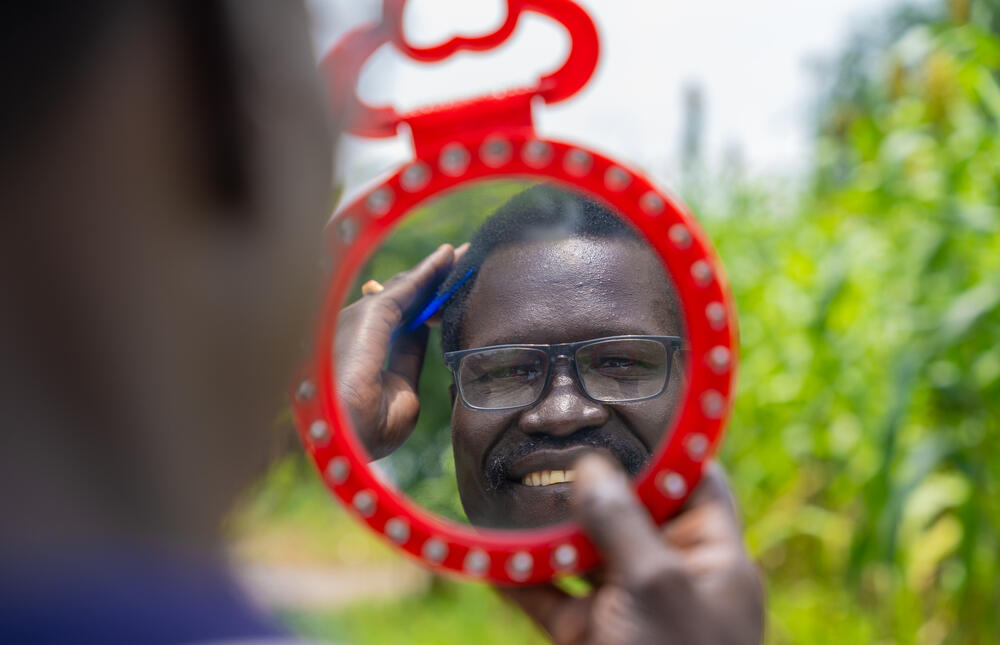How music therapy improves mental health
In South Sudan, mental health issues often occur in the shadows of poverty, violence, and displacement. Many people face their struggles in silence. MSF mental health activity manager Germando Kagomba explains how music therapy provides a chance to relax and find hope.
Médecins Sans Frontières / Doctors Without Borders (MSF) is one of the few organisations providing mental health services in South Sudan. “We receive many patients with post-traumatic stress disorder (PTSD), depression, and postpartum depression affecting new mothers,” says Kagomba. He works in Lankien, a town in the southwest of the country.
Between January and July 2024, MSF provided more than 9,600 mental health consultations and facilitated group sessions for 54,000 people across South Sudan. However, these efforts only scratch the surface of a dire need.
The continuous cycles of conflict, displacement, food insecurity and extreme poverty create overwhelming stress for many people, but the stigma around mental health issues is one of several reasons they are not talked about.
“I’m a mental health survivor. I was frustrated, stressed, and hopeless. After counselling I became healthier, that made me who I am.”
Joseph Alymen Kour, 37, living in Lankien.
MSF in South Sudan
Médecins Sans Frontières/Doctors Without Borders (MSF) works in hospitals and clinics throughout South Sudan, where we run some of our biggest programmes worldwide.
As well as providing basic and specialised healthcare, our teams respond to emergencies and disease outbreaks affecting isolated communities, internally displaced people and refugees from Sudan.
During 2023, a surge in conflict in neighbouring Sudan, and recurrent disease outbreaks across many areas of the country, aggravated existing issues, such as displacement, food insecurity and a lack of basic healthcare, including vaccinations. Over 600,000 people fled into the country, 80 percent of them South Sudanese returnees and the remainder refugees seeking safety.
